A step-by-step guide to anger management that will help you tame rage, mood swings and hormonal fury
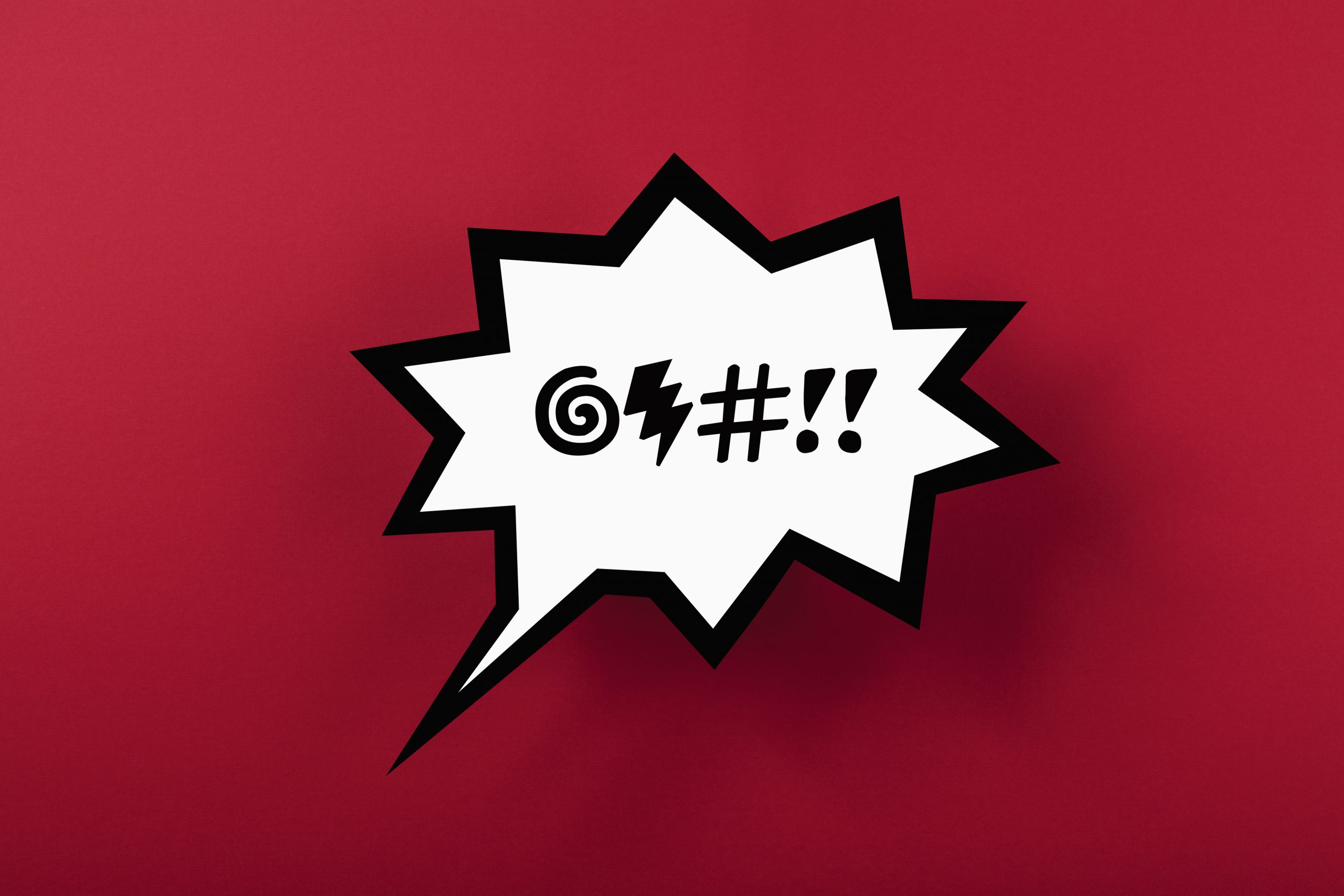

Often feel anger bubbling up inside over something as unimportant as a board game? You’re not alone. A new survey by onbuy.com found 35% of Brits say they’ve become so riled up playing one it’s almost led to a break up with their partner. We ask experts for their advice on anger management.
The good news is that like chin hair, while annoying, anger is perfectly normal. The problem only starts when you don’t process it properly. That is when you might benefit from using anger management techniques. “We all feel angry at times,” says Professor Margareta James, a psychologist from Harley Street Wellbeing Clinic.
“There is nothing wrong with anger – at times, it can be justified. Some people use it in a positive way to spur them to change things for the better. And when we feel out of control, anger makes us feel that we are in control. The problem is when anger and rage rule your life. It robs you of your peace of mind.”
Anger can affect relationships, careers, mental and physical wellbeing for the worse. It can weaken the immune system and has been linked with health issues, such as colds, flu and digestive issues, cancer and heart disease. “Plus, anger contributes to mental illnesses,” says Professor James. “That’s why it’s pivotal to understand anger better.”
Whether you want to learn anger managment techniques so you can control outbursts, or discover how to tackle more serious issues, we’re here to help. Find out how to control anger with our step-by-step guide.
Do I have anger management issues?
Feeling angry from time to time, or even quite frequently, doesn't necessarily mean that you have anger issues. Anger is a normal, healthy human emotion. It only becomes a problem when it is expressed in unhelpful ways which negatively affect your mental or physical health, relationships or career.
“Anger is defined as ‘a strong feeling of annoyance, displeasure or hostility’,” says relationship expert and psychotherapist Neil Wilkie, creator of The Relationship Paradigm® and author of Reset: The Relationship Paradigm. “It normally creates a strong or uncomfortable response to a perceived threat or provocation.”
Sign up to our free daily email for the latest royal and entertainment news, interesting opinion, expert advice on styling and beauty trends, and no-nonsense guides to the health and wellness questions you want answered.
There are three ways to define anger. Neil says:
Sudden Anger:“This is a primeval instinctive response to help self-preservation. This is situational.”
Deliberate Anger:“Deliberate anger is is a conscious reaction to perceived bad treatment by others.”
Dispositional Anger:“This is linked to a person’s character and includes irritability and grumpiness.”
Not sure if you have an issue with anger or anger managment? “Ask yourself each question below,” says Neil.
- Is my anger having a negative effect on me and those around me?
- Is it getting worse?
- Could my anger be impacting on my ability to feel other emotions?
“If you answered yes to any, then your life would be better if you dealt with your anger issues,” adds Neil.
What can cause mood swings?
Feel angry one day and not the next? It could be a mood swing.“We all experience mood swings as changes inside us and around us influence our mood,” says Professor James. “Normal fluctuation in mood is just a part of normal life, and usually won’t interfere with our lives.”
But there are times when mood swings become a problem. “The red flag is when mood swings become too intense and disrupt our normal daily life,” says Professor James. “There can be underlying medical issues associated with it including diabetes, thyroid-related diseases, Parkinson’s and Multiple Sclerosis. Intense shifts in mood can also be a sign of bipolar and borderline personality disorders.”
Usually, there is a simple trigger for mood swings.
“They can be triggered by sleep disturbances, allergies and poor diet (such as too much sugar or caffeine). How long these mood swings last varies from person to person. Some experience rapid change while others may stay in a mood for prolonged periods,” says Professor James.
The first step to getting help is finding the trigger.“Identifying what causes mood swings and how long they last can help eliminate them,” says Professor James. “Regular exercise can really help. Plus, changes to your diet, creating a better sleep routine and learning relaxation techniques to deal with stress better.”
What are the signs you need help with anger management?
1. Outward aggression
This can range from shouting and slamming doors to throwing things and being physically violent, verbally abusive or threatening.
“The signs of this in someone else are obvious and can be very scary,” says Neil. A huge part of outward aggression can be caused by not processing a situation you are in properly. Instead, you jump to conclusions and act on these false perceptions in an aggressive manner.
“Outward aggression is much easier to recognise as there are clear patterns of behaviour including shouting, swearing, violence and threatening behaviour,” says Professor James. “People tend to be triggered by even the slightest criticism and become confrontational, defensive and aggressive.”
You may or may not realise you have outward aggression.“You should be aware of this in yourself unless you are in denial,” says Neil. “Ask others close to you whether they are aware of any outward aggression.If this is a repeated pattern rather than a really unusual and short term reaction to a bad situation, it needs to be dealt with.”
2. Inward aggression
This can include self-harm, talking to yourself in a derogatory manner or denying yourself basic needs, such as food.“Inward aggression exists to varying levels in everybody,” says Professor James. “We refer to it as ‘beating ourselves up’ about something.We all have an inner voice. It can be soothing, helpful and supportive. However, it can also be critical, attacking and antagonistic. The critical voice fuels destructive thoughts, leading to hostile behaviour.”
Find you isolate yourself from others? It could be a sign of inward aggression.“Inward aggression can also include shutting ourselves off from the world,” says Neil.
Not sure if a loved one has inward aggression? “You can tell if someone you know has it, if they have changed noticeably, look unhappy, take less care of themselves or talk disparagingly about themselves,” says Neil.“Facial expressions and posture will also show their perception of the world. Look for slumped shoulders, lack of smiles and downturned mouth.”
Think you are experiencing inward aggression?“You may have it if you are feeling down, that everything is your fault and if your emotions are flatlining,” says Neil. “Also, listen to what your inner voice is saying – is it critical or supportive?”.
3. Passive aggression
This may include ignoring the person you are angry with or responding in a sarcastic or sulky manner. It can also include deliberately doing things that they ask you to do poorly, late or at the last possible moment.
“Passive aggression is aggression that is suppressed internally but leaks out to the rest of the world,” says Neil. “It includes sarcasm, sulkiness, ignoring people and being self-centred and unhelpful. If someone else has it, your gut feel will probably pick up that they are best avoided. You will also be able to tell by their look and negative language.”
Not sure if you are passive aggressive?“Check your grumble ratio. How many nice things do you say in a day to other people compared to complaints and negatives?" says Neil. "Ask yourself, if you could say anything to anyone, without any consequences, what would you say and to whom?”
Being passive aggression is often down to upbringing.“It stems from not being able to express feelings and opinions when growing up,” says Professor James. “And, sometimes, it’s from growing up witnessing similar behaviour. They use this behaviour to get what they want."
How to control anger
You need to learn to recognise the warning signs first. When we become angry, our heart rate and breathing quicken to prepare us to take action. You may also notice your shoulders tense, your fists or jaw clench, your feet tap or your face flush.
“When you very first become aware that you are starting to become angry, notice what is happening in your body,” says Neil. “Be aware of your heart rate, blood flow, muscle tension and then what you are thinking and feeling.”
If possible, remove yourself from the situation as soon as you recognise your personal warning signs. Take a 10-minute walk, or simply lock yourself in the bathroom and spend a minute or two practising deep breathing exercises.
“Breathe slowly with a longer out breath than in breath,” recommends Neil. “Imagine the anger flowing out with your out breath. Relax your muscles as you don’t need to run away.”
Calming your immediate physical responses will enable you to act with a clearer head. “Now focus on asking yourself: ‘What you would like to have happen’, instead,” says Neil.
If you can’t get away, count to 10 before you react (or wait for two minutes if you are involved in a text or email exchange) as part of your anger management.
How to stop hormonal rage
Mood swings can also be caused by changes in hormones. The effect can be extreme.“PMS and menopausal anger is not a myth,” says Dr Anne Henderson, a gynaecologist and menopause specialist at gynae-expert.co.uk.
“There is a wealth of legal data confirming this. In fact, women are more likely to be convicted of criminal acts, such as road rage, shoplifting, GBH, manslaughter and murder in the premenstrual phase of their cycles. In some cases, hormonal causes have successfully been used as a mitigating factor to reduce a jail term.”
Not sure if your rage is caused by hormones? Start tracking how you feel at different times of the month as part of your anger managment program.
“In most cases, there will be a pattern to mood swings, including irritability, aggression and anger,” says Dr Henderson. “This tends to form part of a broader pattern of PMS. Women will usually also experience headaches, bloating, breast tenderness, skin changes, food cravings, weight gain, sleep disruption and general fatigue.”
Need help with hormonal rages? “HRT can help if symptoms are becoming problematic,” says Dr Henderson. “Or consider a herbal support with phytoestrogens, such as A.Vogel’s Menopause Support. This contains soya isoflavones, magnesium and vervain which can counteract low mood and fatigue.”
https://www.youtube.com/watch?v=oByJpMHFM1g
How to release anger
Lashing out may not help, but neither does bottling it all up. When it comes to anger management, “it is best to release anger in a safe space where others will not be affected,” says Neil.
Anger management techniques include:
- “Go to a beach, a forest or a hilltop, where you will have privacy and just shout loudly, whatever you need to say,” says Neil.
- “Get a rolled-up newspaper and a wooden chair,” recommends Neil. "Make the chair the focus of your anger and just hit it with the newspaper, repeatedly saying what you want to."
- Try writing in a journal, going for a run, meditating, doing some colouring or taking an online yoga class. Immersing yourself in a mindful creative or physical activity can help release pent-up emotions.
- If you’re stuck in a traffic jam, turn up the radio and sing your heart out.
- Practise expressing your feelings in an assertive manner. Try to state your concerns and needs clearly and directly, without making demands, threats or accusations.
How to control anger issues in the longer term
Want to get over your anger issues? “The first step is self-awareness,” says Professor James. “When we are aware of what is happening and we decide to change, we are ready for progress.”
Talking about your feelings with a friend or family member may help you to unpick your triggers.Need more help? If you’re anger issues are deep rooted, you may need professional guidance.“Techniques, such as hypnotherapy and Neuro-linguistic programming(NLP) can help you discover the root cause," says Neil. "Cognitive behavioural therapy (CBT), mindfulness and medication can help you control the symptoms.”
Your GP should be able to point you in the direction of a local anger management classes. These may take place over a single day or weekend, or provide longer-term support. If you opt for a private course of therapy, make sure the therapist is registered with theBritish Association for Counselling and Psychotherapy.
Whether or not you choose to seek professional help, making physical exercise part of your regular routine will help you to keep your anger under control. Try yoga, running, swimming or simply taking a daily walk as part of your anger management approach.
You can also try ‘rehearsing’ your response to difficult situations. Replay an experience which made you angry, and to which you reacted in an unhelpful manner, in your mind. Now play it again, but this time, ‘pause’ it before you respond. Imagine yourself responding in a more constructive way. With regular practise, you’ll begin to ‘train’ your brain to respond to anger in new ways.
Why can the menopause make you angry?
Hormone fluctuations and the menopause can cause anger but anger management techiniques can still help. “The main factor is the persistent decline in oestrogen levels which occur in most women from age 45 onwards,” says Dr Henderson. “Oestrogen has an uplifting and anti-depressant effect. This explains why women tend to feel brighter, happier, more positive and less irritable around mid-cycle when they ovulate, as the oestrogen levels peak at this point. When oestrogen levels drop during the peri-menopause, other hormones, including progesterone and testosterone, become more dominant, and this upsets the typical female hormone balance.”
Always felt angry? “Some women may have an underlying predisposition to mood and anger issues, such as chronic depression, anxiety and other psychological issues,” says Dr Henderson. “Unfortunately, these are likely to be exacerbated during the menopause.”
Lack of sleep, which is a common feature of this stage of life, is also bad for anger. “It can lead to more low grade snappiness and irritability,” adds Dr Henderson.
What is peri-menopausal rage?
The symptoms of peri-menopausal rage are very similar to menopausal rage. “It really blend seamlessly into problems women experience during the menopause,” says Dr Henderson. “The condition is more of a continuum, rather than a specific entity.”
Not sure if you will experience peri-menopausal rage of if anger management if worth trying? “There is a common link between those women who experience significant PMS throughout their fertile years and who are more likely to go on to develop peri-menopausal/menopausal mood-related symptoms,” says Dr Henderson. “This is likely to be due to heightened sensitivity in hormone fluctuations.”
That means, if your mother had peri-menopausal rage, you are likely to experience it, too. “Quite why some women experience more significant symptoms than others is not fully understood. However, there is usually a clear genetic pattern with other female family members experiencing similar problems,” says Dr Henderson. “The issue is likely to be at receptor level within the central nervous system.”
How long do mood swings last?
How long your mood swings, and menopausal mood swings, last can vary greatly.When it comes to the menopause, symptoms can be forever.
“It is a myth that menopausal mood swings last for just 18 months or so,” says Dr Henderson. “While this is true in a minority of women, there is increasing scientific evidence that many women will experience menopausal symptoms for at least five years after their periods cease. In many cases, these symptoms can be permanent, although they may reduce in severity with time.”
Want to know how long yours will last for to get a sense of whether anger managment is going to be a long-term game for you? Ask your female relatives. “There is usually a strong genetic link determining duration of symptoms,” adds Dr Henderson.
Mood swings not caused by the menopause? Then the duration can also vary.
“It depends on the underlying cause of the mood swings and how significant the change in mood is,” says Neil. “They can last anything from a few seconds to weeks. Imagine you could draw a graph.The horizontal axis is time, in days.The vertical axis shows your mood; from +10 (Incredibly happy) through 0 (OK) to -10 (Incredibly unhappy). Plot the line showing your mood for the last week. This will help you understand the pattern of your moods and what needs to change.”
The best readsto help anger issues at home
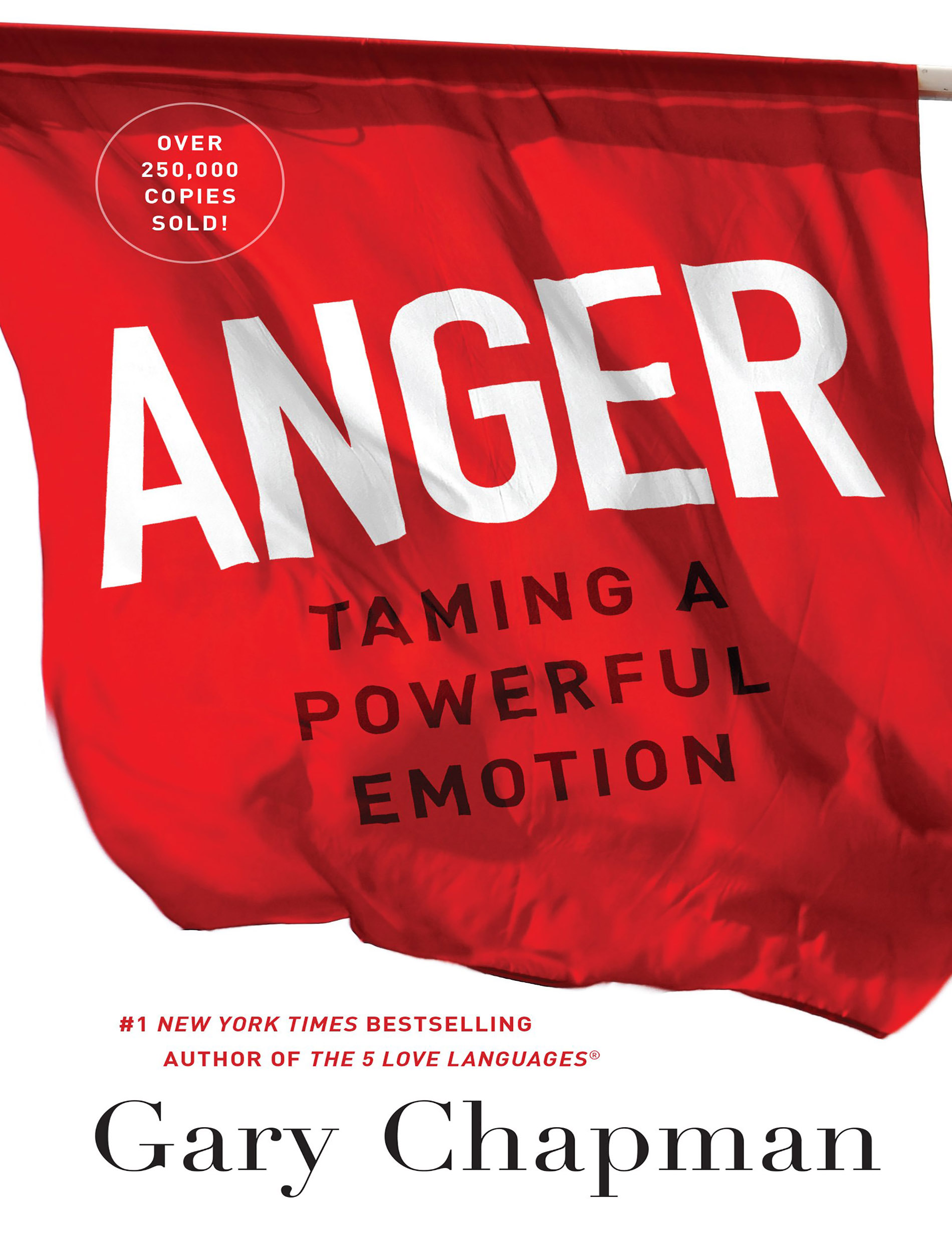
Anger: Taming A Powerful Emotion by Gary Chapman
Why we rate it: This book is perfect for someone who knows they have anger issues and wants to help curb any outbursts in the future. The author uses Christian guidance with many personal anecdotes to help others. COST: £12.99
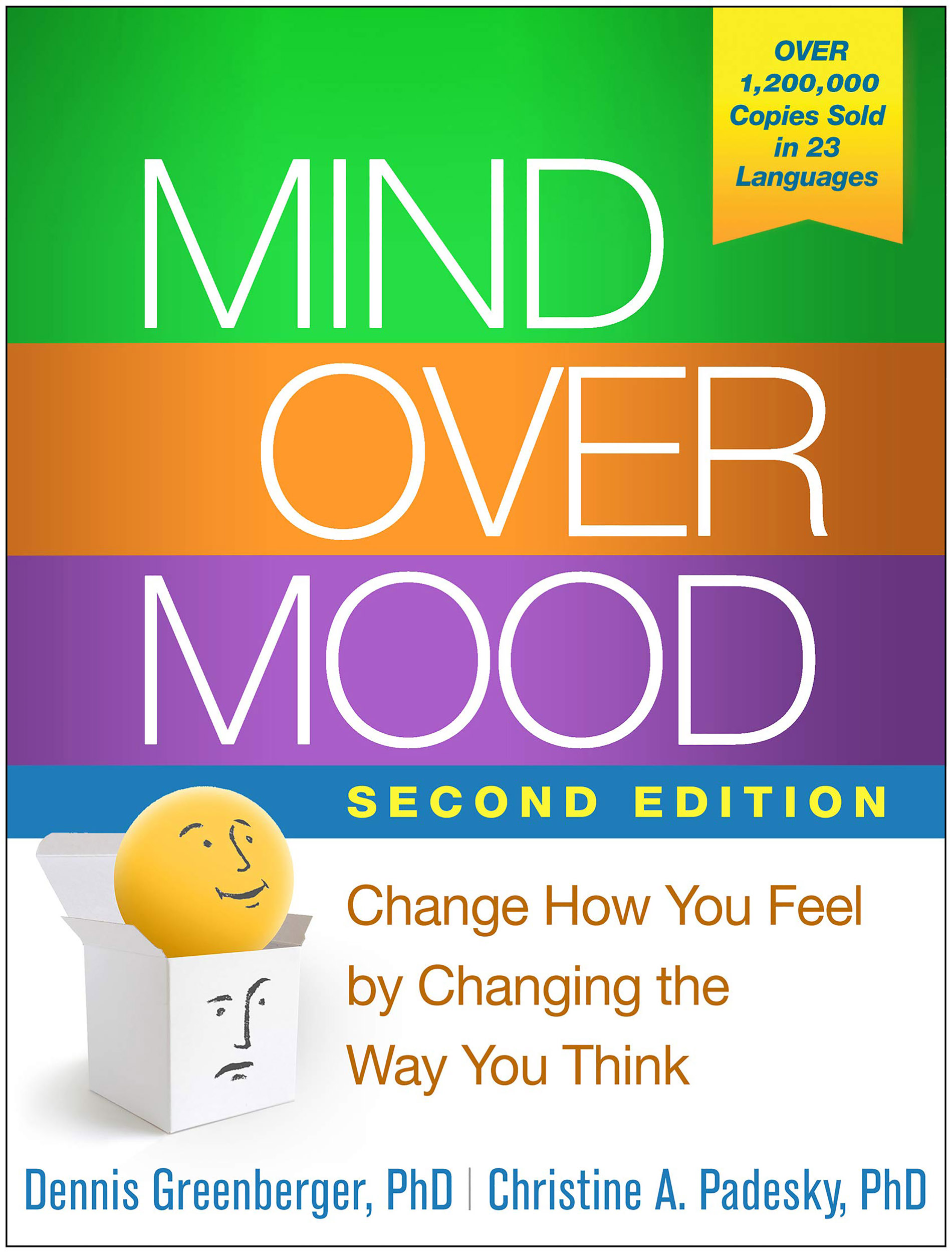
Mind Over Mood by Dennis Greenberger and Christine Padesky
Why we rate it: Not sure you want to see a therapist to deal with your anger issues? This book provides the first step to getting professional help. It includes worksheets, and includes advice for issues which contribute to anger and rage, such as depression, OCD, anxiety and grief. COST: £19.99
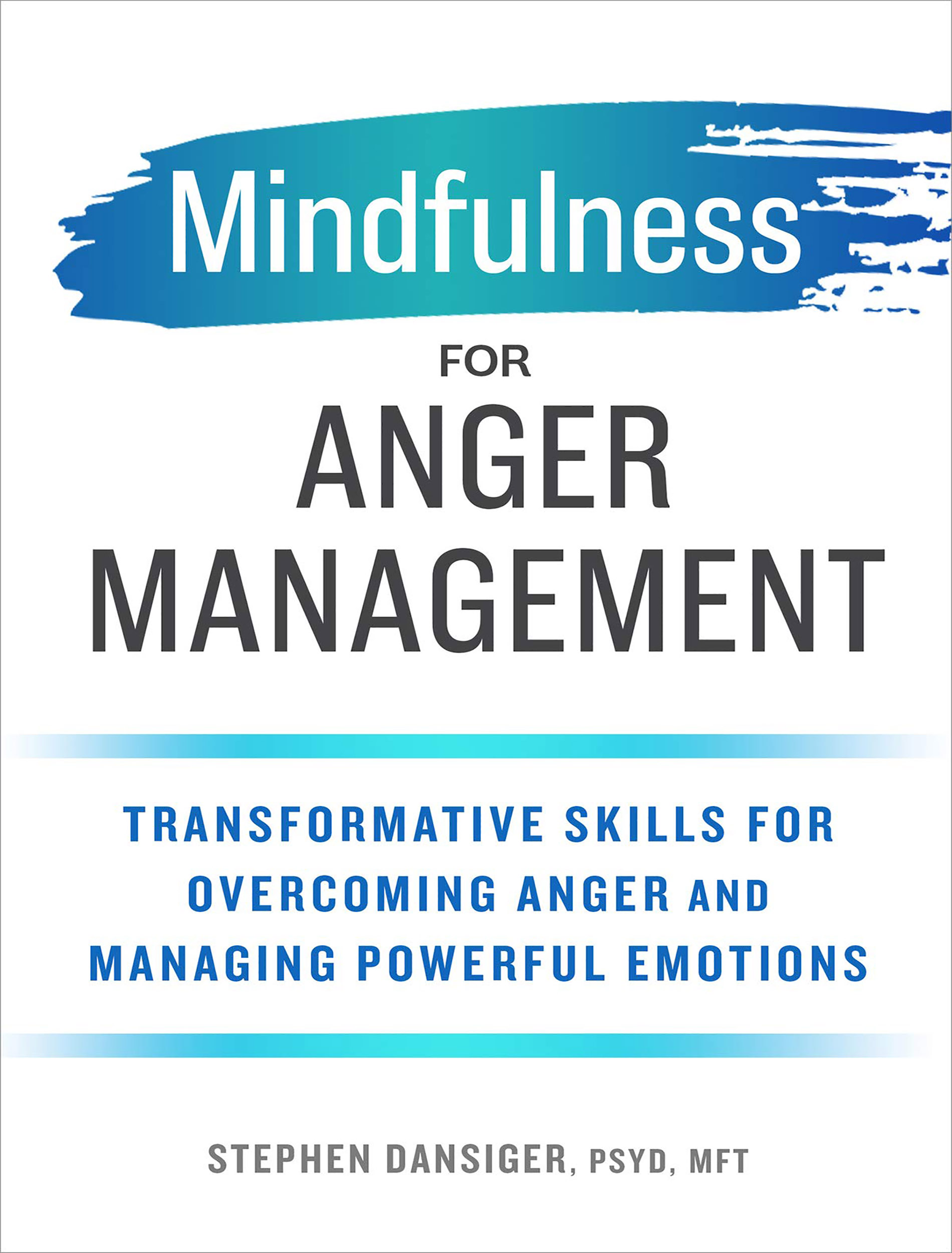
Mindfulness For Anger Management by Stephen Dansiger
Why we rate it: Mindfulness is a great way of overcoming anger and taking control of negative emotions. This book explains how anger manifests and offers mindful solutions to help deal with it. You’ll soon learn to recognise patterns of negative behaviour so you can stop the cycle. COST: £13.17

Rage Becomes Her by Soraya Chemaly
Why we rate it: This book really shifts the perspective about seeing anger and rage as negative emotions. A must-read for women, it helps you understand how holding anger in can lead to depression when instead it can be used constructively for the better. COST: £16.99
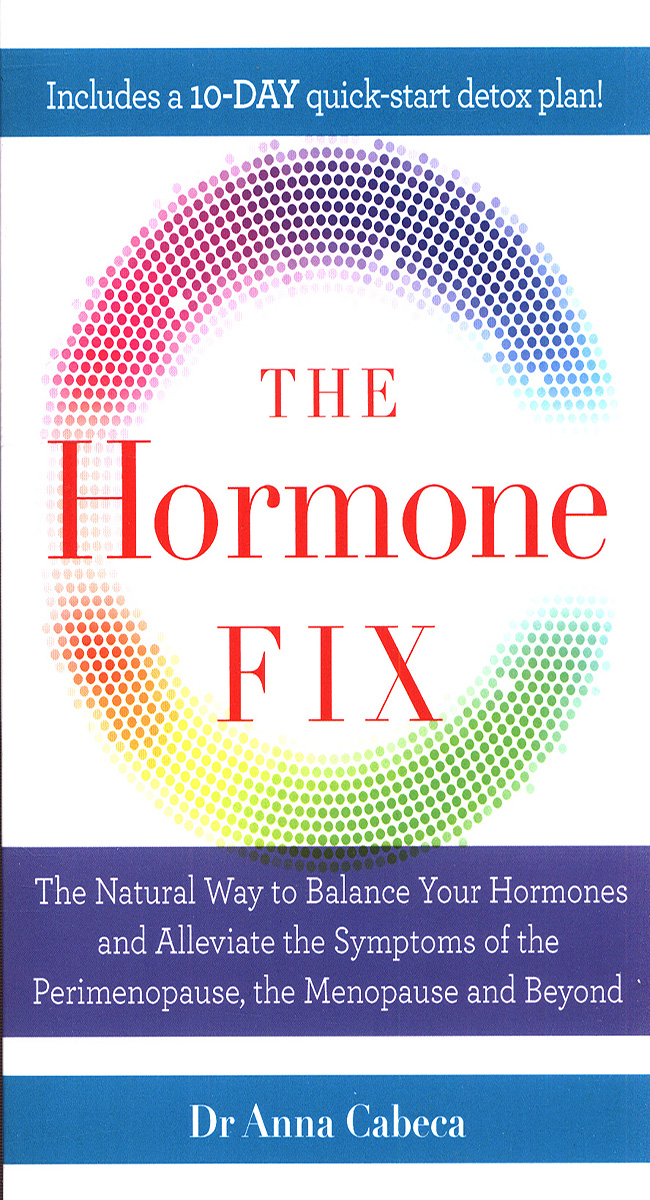
The Hormone Fix by Dr Anna Cabeca
Why we rate it: Whatever life stage you are at, hormonal changes can disrupt your emotions and cause anger. This practical book offers and insight on how to balance your hormones with practical tips and meal plans. It explains in easy language how your body and mind are linked. The best part is you won’t feel like you are going through anger issues alone after reading it. COST: £16.99
Faye M Smith is an award-winning journalist with over 20 years experience in the magazine industry. Her continued work in the area of natural health won her the coveted title of the Health Food Manufacturers’ Association (HFMA) Journalist of the Year Award 2021. Currently Group Health Director across several magazines including woman&home, Woman, and Woman’s Own, Faye specialises in writing about women’s health, especially menopause, relationships and mental health.
